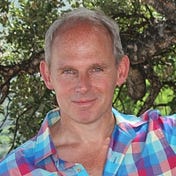Chris Jerrey

Chris Jerrey
Photographer, blogger, environmental activist. Interested in the climate crisis, rewilding and trying to make a change for the better.

Photographer, blogger, environmental activist. Interested in the climate crisis, rewilding and trying to make a change for the better.